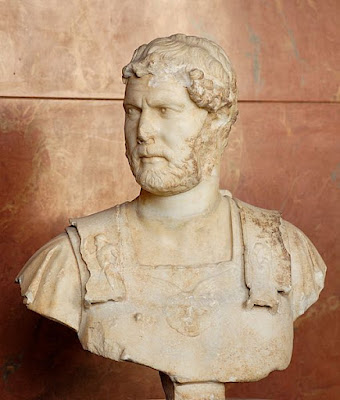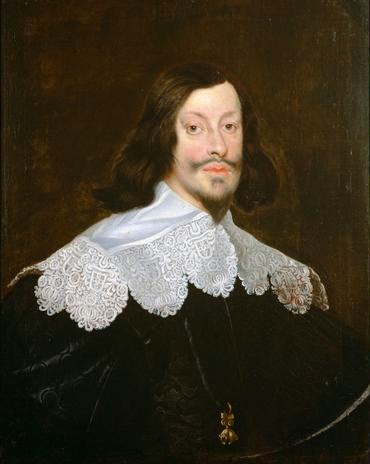Prince Felix of Schwarzenberg
.jpg)
On 2 October 1800, Prince Felix of Schwarzenberg was born at Český Krumlov Castle (German: Böhmisch Krumau) in Bohemia. He was the second son of Prince Joseph of Schwarzenberg (1769–1833) and his wife Pauline of Arenberg. His mother died in a fire during a ball on the occasion of Napoleon I's wedding to Archduchess Marie Louise of Austria. One of his brothers was Archbishop Friedrich zu Schwarzenberg. Revolution Upon the outbreak of the 1848 Revolutions, he rushed to theAustrian Kingdom of Lombardy–Venetia to join Field Marshal Joseph Radetzky defeating the Italian rebel forces of King Charles Albert of Sardinia in Milan. For his role as a close advisor to Radetzky, as well as his status as brother-in-law to Marshal Prince Alfred of Windisch-Grätz, who had suppressed the Czech "Whitsun Riot" in Prague and the Vienna Uprising in October, Schwarzenberg was appointed Austrian minister-president— the sixth within a year—and foreign minister on 21 November...






